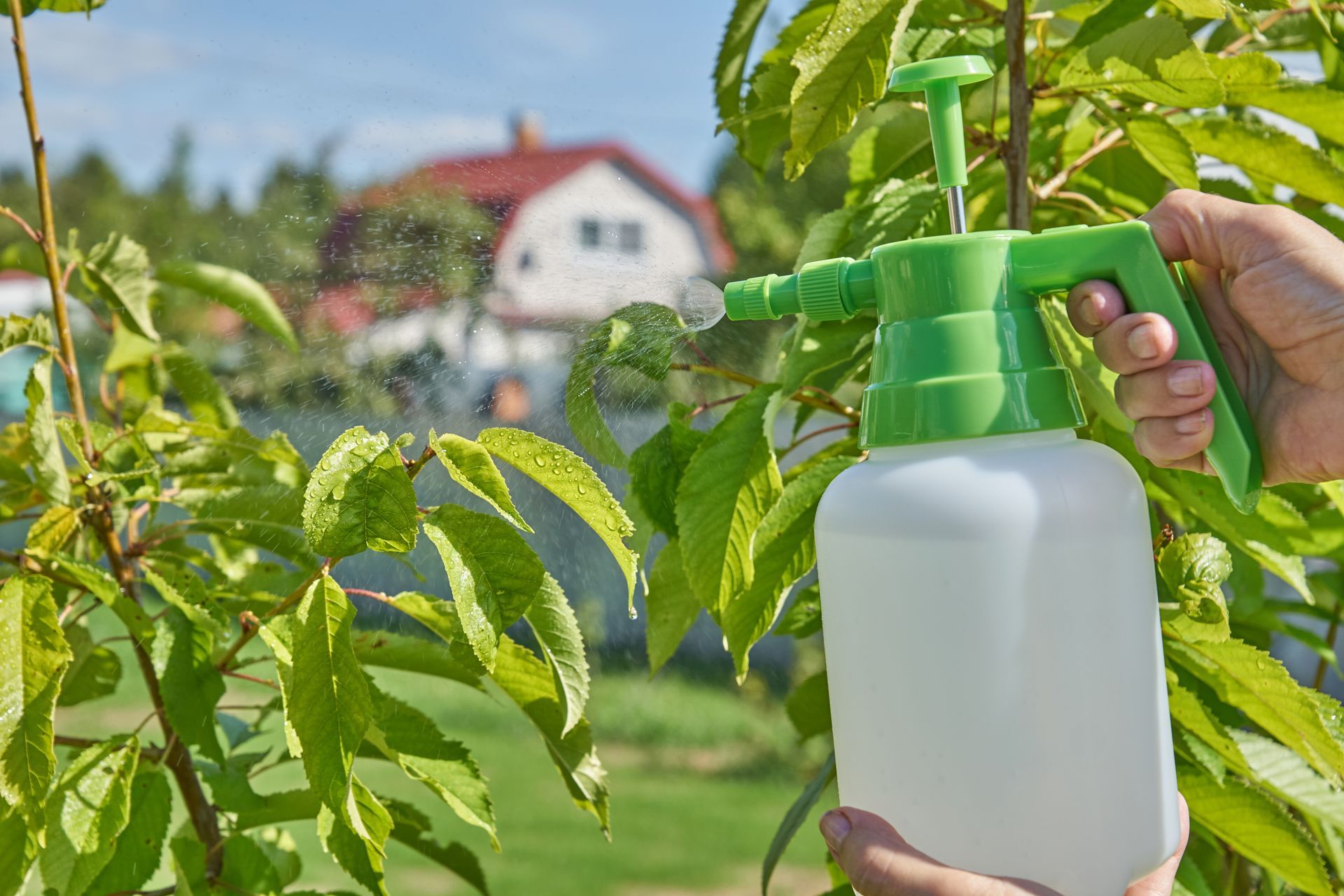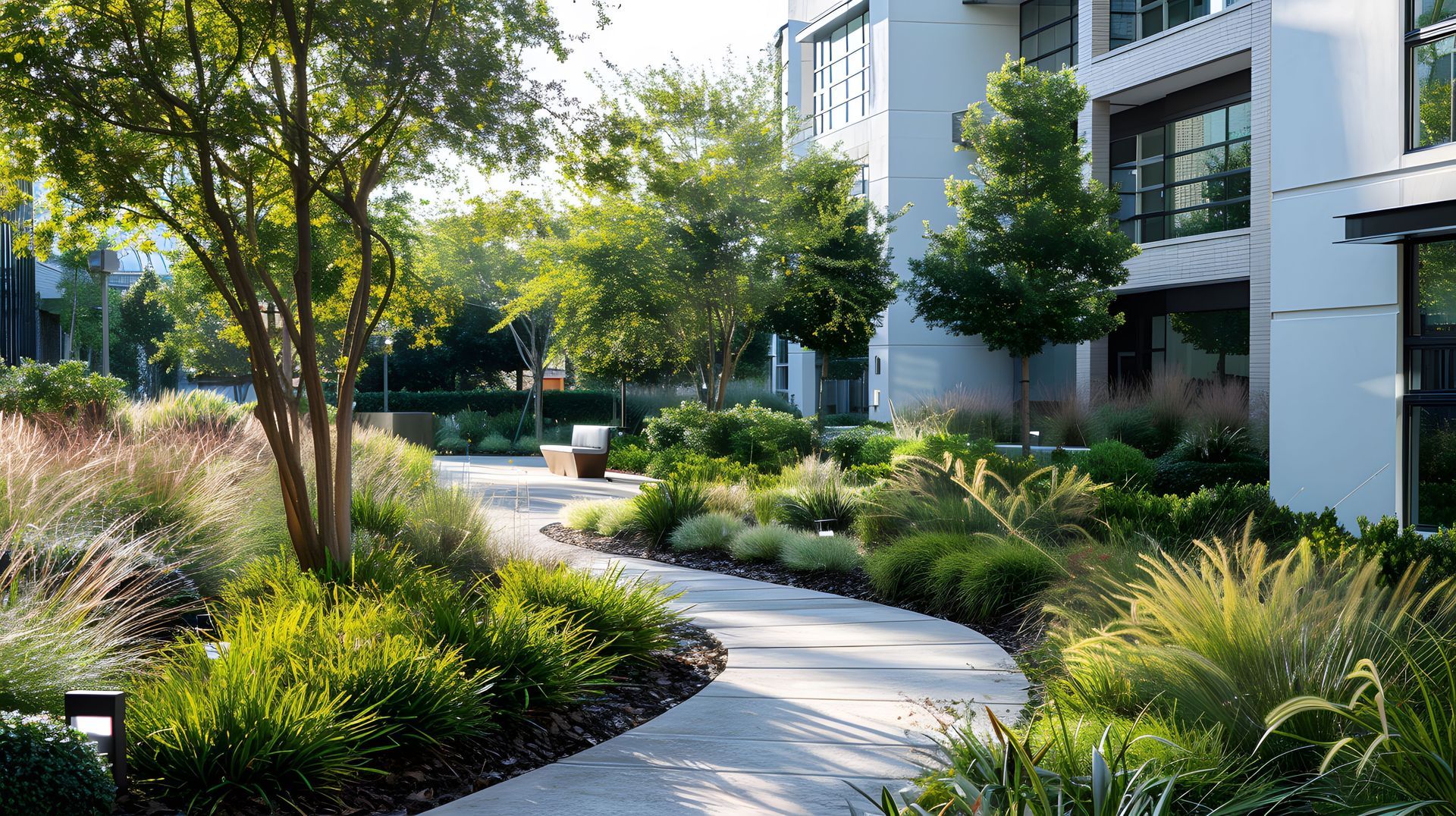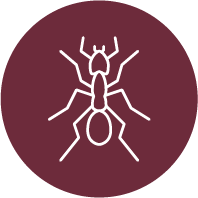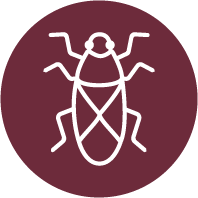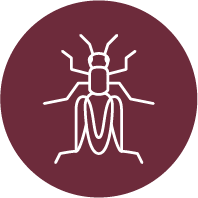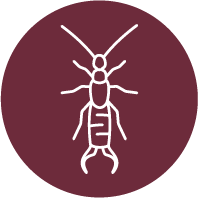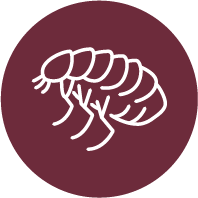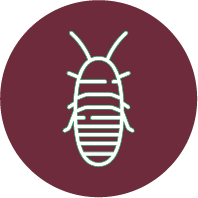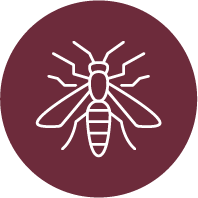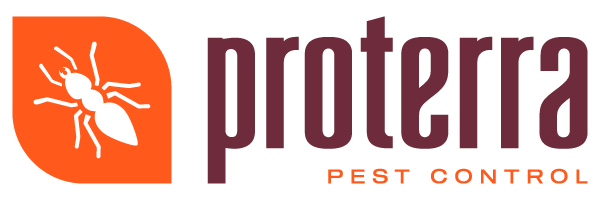Navigating Bee Management: Eco-Friendly Practices
Gardeners and landscapers often grapple with the dual desire to maintain vibrant, lush gardens while also protecting the ecologically crucial bee populations that visit them. The importance of bees to pollination and thus to the biodiversity of our ecosystems cannot be overstated. Yet, there are scenarios where bee activity can conflict with human activity, necessitating measures that ensure safety without compromising environmental ethics. This post explores the identification of beneficial bees versus potentially problematic species and promotes eco-friendly management practices that support coexistence and the Proterra approach to safe bee management.
Understanding the Role of Bees in Your Garden
Bees play a vital role in the health of plants and the broader ecosystem by pollinating flowers, which is essential for plant reproduction. This not only helps in the growth of fruit and vegetable gardens but also supports wild flora, thus maintaining biodiversity. Identifying and encouraging the presence of beneficial bees in your garden is a cornerstone of ecological gardening.
Distinguishing Between Bee Species
Recognizing different bee species can be intriguing yet challenging. Beneficial bees, including honeybees and bumblebees, are generally non-aggressive and crucial for pollination. These species are known for their ability to pollinate a wide variety of plants, thereby enhancing the growth and productivity of gardens. On the other hand, certain species like some types of carpenter bees can cause damage to wooden structures, and Africanized honey bees might pose a risk due to their aggressive nature.
Promoting Bee Safety and Biodiversity
Creating a bee-friendly garden is a proactive step toward promoting bee safety and biodiversity. Planting native flowers and maintaining seasonal blooms ensures that bees have access to a consistent food source. Avoiding pesticides or opting for organic options helps protect bees from harmful chemicals that can disrupt their nervous systems and cause colony collapse disorder.
Proterra’s Approach to Safe Bee Management
When bee populations need to be managed to prevent conflicts with human activities, the Proterra method emphasizes safety and sustainability. This approach involves carefully assessing the situation to determine whether intervention is necessary and, if so, using methods that minimize harm to bees and other pollinators.
Relocation Over Eradication
In cases where bees pose a significant problem, such as when nests are too close to human habitation, relocation is preferred over eradication. Professional beekeepers can often relocate hives to areas where bees can thrive without posing a risk to people. This method supports ecological balance and conserves the bee population.
Using Natural Repellents
Natural repellents can deter bees from frequenting areas where their presence is problematic without harming them. Certain essential oils, such as peppermint, eucalyptus, and citronella, can be effective in making a space less attractive to bees without the adverse environmental impacts associated with synthetic chemicals.
Timing Interventions Appropriately
Timing is crucial in bee management. Interventions should be planned for late evening or early morning, when bees are less active, to reduce disruption to the colony and increase the safety of the process. This timing helps ensure that the majority of bees are in the hive, thereby maximizing the effectiveness of relocation and minimizing stress on the bees.
Encouraging Coexistence
Encouraging coexistence with bees involves understanding and respect for their roles in our ecosystem. Providing natural habitats, like bee hotels and undisturbed plots of land where bees can nest and forage, supports their populations and benefits garden health. Education about the importance of bees and how to interact safely with them can reduce unnecessary fears and promote harmonious coexistence.
Impact of Responsible Bee Management on Garden Ecology
Implementing responsible bee management practices has a profound impact on garden ecology. By supporting bee populations, gardeners can enhance the pollination of their plants, resulting in more abundant and healthier crops and flowers. These practices also contribute to broader environmental goals, such as biodiversity conservation and sustainable food production.
Responsible bee management is not only a practice of ecological health but also of ethical responsibility. By choosing methods that respect and protect bee populations, individuals can contribute to a healthier planet. They ensure that their gardens are not only beautiful and productive but also part of a sustainable natural ecosystem. The effort to balance human and bee needs requires patience, understanding, and a commitment to learning about the creatures that share our environments. Together, these efforts create a shared space where both can thrive.
If you're experiencing bee-related concerns in your garden or property, Proterra Pest Control is here to help with environmentally-friendly solutions. Our expert team is dedicated to ensuring the safe management of bees, promoting coexistence while safeguarding your peace of mind. For professional advice or to learn more about our bee management services, contact us today. Let's work together to protect these vital pollinators and your property.
